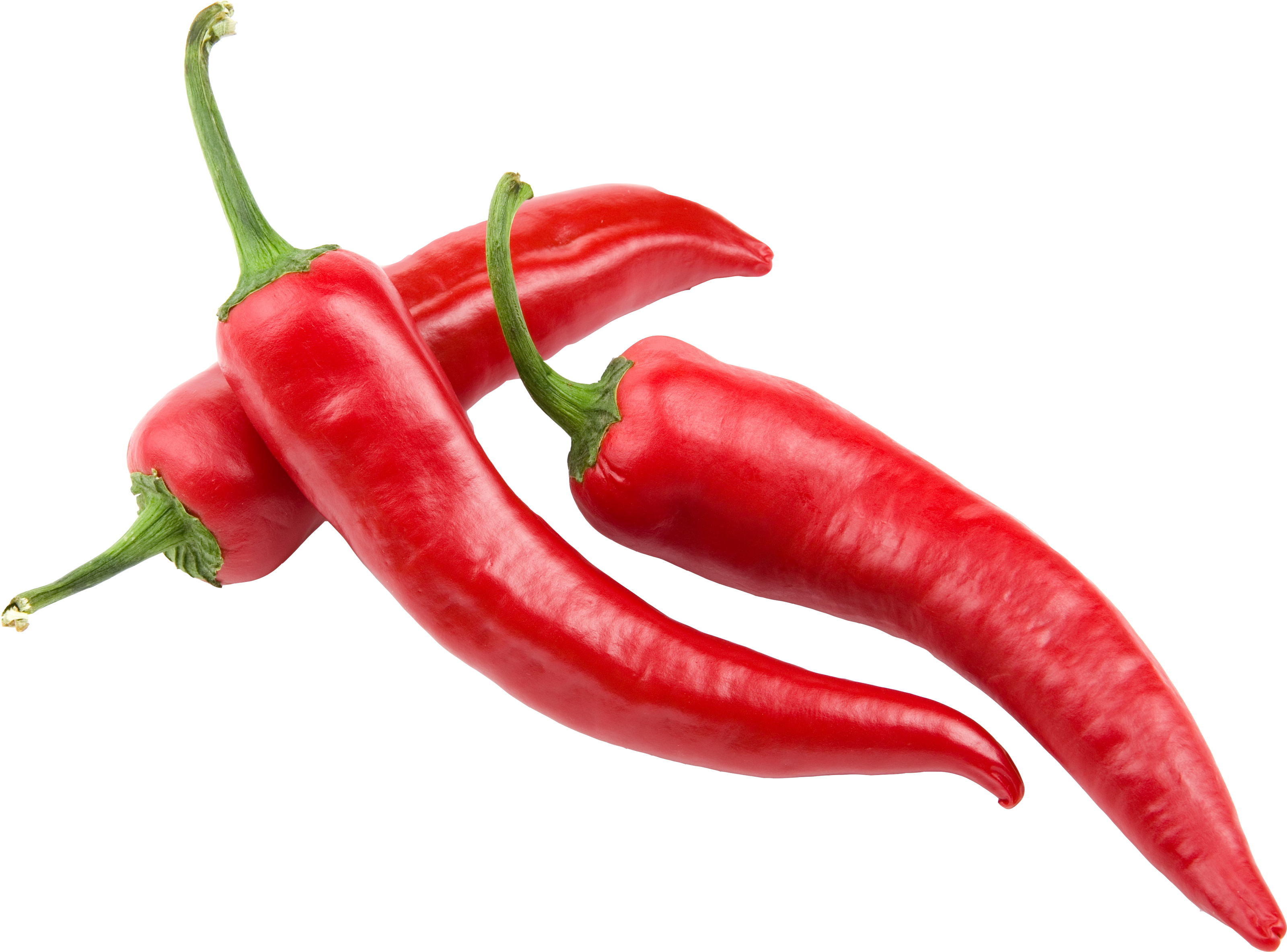Clinical Studies Support the Ingredients in Beyond GLP-1

Weight Loss Management

Brain cognition enhancement

Vitality & Mood Booster
What We Found
Each ingredient in Beyond GLP-1 was chosen because it’s been shown in clinical studies to impact the areas that matter most—metabolism, appetite control, mood, gut health, and hormonal balance.
Not Just a Trend—A Formula Backed by Real Science
Our breakthrough formulation is backed by ingredient-level science—proven to transform health by targeting the gut, metabolism, and hormones.Studies on our hero ingredients, like Berberine, Cinnamon, and Moringa, show real results in blood sugar balance, fat metabolism, and appetite control—starting with the gut and radiating outward.

The Science behind our ingredients
Berberine HCl
Primary Study
Inulin is a type of soluble fiber derived from plants like chicory root, asparagus, and garlic. It serves as a prebiotic, feeding beneficial gut bacteria and supporting digestive health. Inulin also helps in slowing digestion, promoting a feeling of fullness, and potentially aiding in weight management.
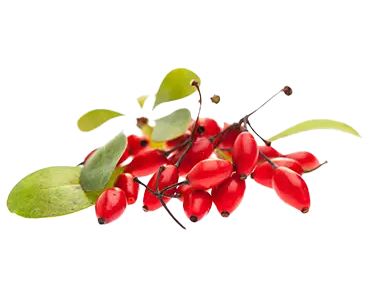
Gymnema Sylvestre
Primary Study
Inulin is a type of soluble fiber derived from plants like chicory root, asparagus, and garlic. It serves as a prebiotic, feeding beneficial gut bacteria and supporting digestive health. Inulin also helps in slowing digestion, promoting a feeling of fullness, and potentially aiding in weight management.

L-Carnitine
Primary Study
Inulin is a type of soluble fiber derived from plants like chicory root, asparagus, and garlic. It serves as a prebiotic, feeding beneficial gut bacteria and supporting digestive health. Inulin also helps in slowing digestion, promoting a feeling of fullness, and potentially aiding in weight management.
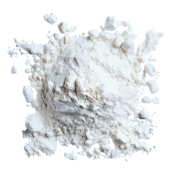
Green tea extract
Primary Study
Inulin is a type of soluble fiber derived from plants like chicory root, asparagus, and garlic. It serves as a prebiotic, feeding beneficial gut bacteria and supporting digestive health. Inulin also helps in slowing digestion, promoting a feeling of fullness, and potentially aiding in weight management.
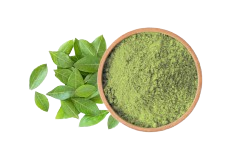
Cinnamon Extract
Primary Study
Inulin is a type of soluble fiber derived from plants like chicory root, asparagus, and garlic. It serves as a prebiotic, feeding beneficial gut bacteria and supporting digestive health. Inulin also helps in slowing digestion, promoting a feeling of fullness, and potentially aiding in weight management.

Turmeric Extract
Primary Study
Inulin is a type of soluble fiber derived from plants like chicory root, asparagus, and garlic. It serves as a prebiotic, feeding beneficial gut bacteria and supporting digestive health. Inulin also helps in slowing digestion, promoting a feeling of fullness, and potentially aiding in weight management.
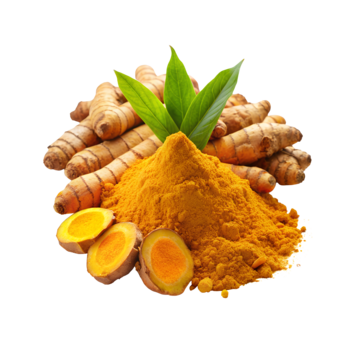
Black Pepper Extract
Primary Study
Inulin is a type of soluble fiber derived from plants like chicory root, asparagus, and garlic. It serves as a prebiotic, feeding beneficial gut bacteria and supporting digestive health. Inulin also helps in slowing digestion, promoting a feeling of fullness, and potentially aiding in weight management.
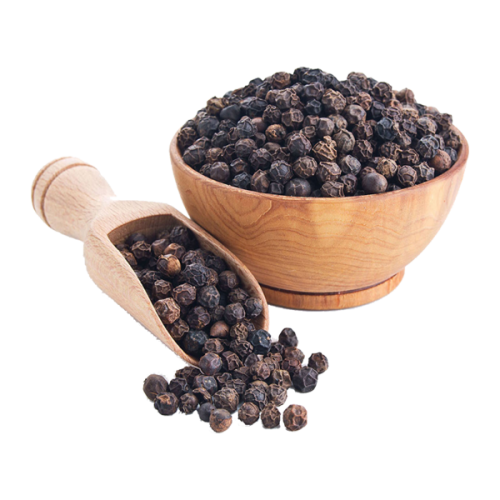
Fenugreek Extract
Primary Study
Inulin is a type of soluble fiber derived from plants like chicory root, asparagus, and garlic. It serves as a prebiotic, feeding beneficial gut bacteria and supporting digestive health. Inulin also helps in slowing digestion, promoting a feeling of fullness, and potentially aiding in weight management.
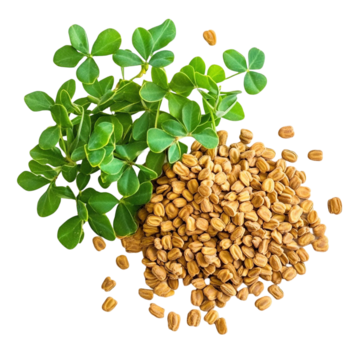
Moringa Extract
Primary Study
Inulin is a type of soluble fiber derived from plants like chicory root, asparagus, and garlic. It serves as a prebiotic, feeding beneficial gut bacteria and supporting digestive health. Inulin also helps in slowing digestion, promoting a feeling of fullness, and potentially aiding in weight management.

Lion’s Mane Extract
Primary Study
Inulin is a type of soluble fiber derived from plants like chicory root, asparagus, and garlic. It serves as a prebiotic, feeding beneficial gut bacteria and supporting digestive health. Inulin also helps in slowing digestion, promoting a feeling of fullness, and potentially aiding in weight management.

Rhodiola Rosea
Primary Study
Inulin is a type of soluble fiber derived from plants like chicory root, asparagus, and garlic. It serves as a prebiotic, feeding beneficial gut bacteria and supporting digestive health. Inulin also helps in slowing digestion, promoting a feeling of fullness, and potentially aiding in weight management.

Glucomannan
Primary Study
Inulin is a type of soluble fiber derived from plants like chicory root, asparagus, and garlic. It serves as a prebiotic, feeding beneficial gut bacteria and supporting digestive health. Inulin also helps in slowing digestion, promoting a feeling of fullness, and potentially aiding in weight management.

Cayenne Pepper Extract
Primary Study
Inulin is a type of soluble fiber derived from plants like chicory root, asparagus, and garlic. It serves as a prebiotic, feeding beneficial gut bacteria and supporting digestive health. Inulin also helps in slowing digestion, promoting a feeling of fullness, and potentially aiding in weight management.
